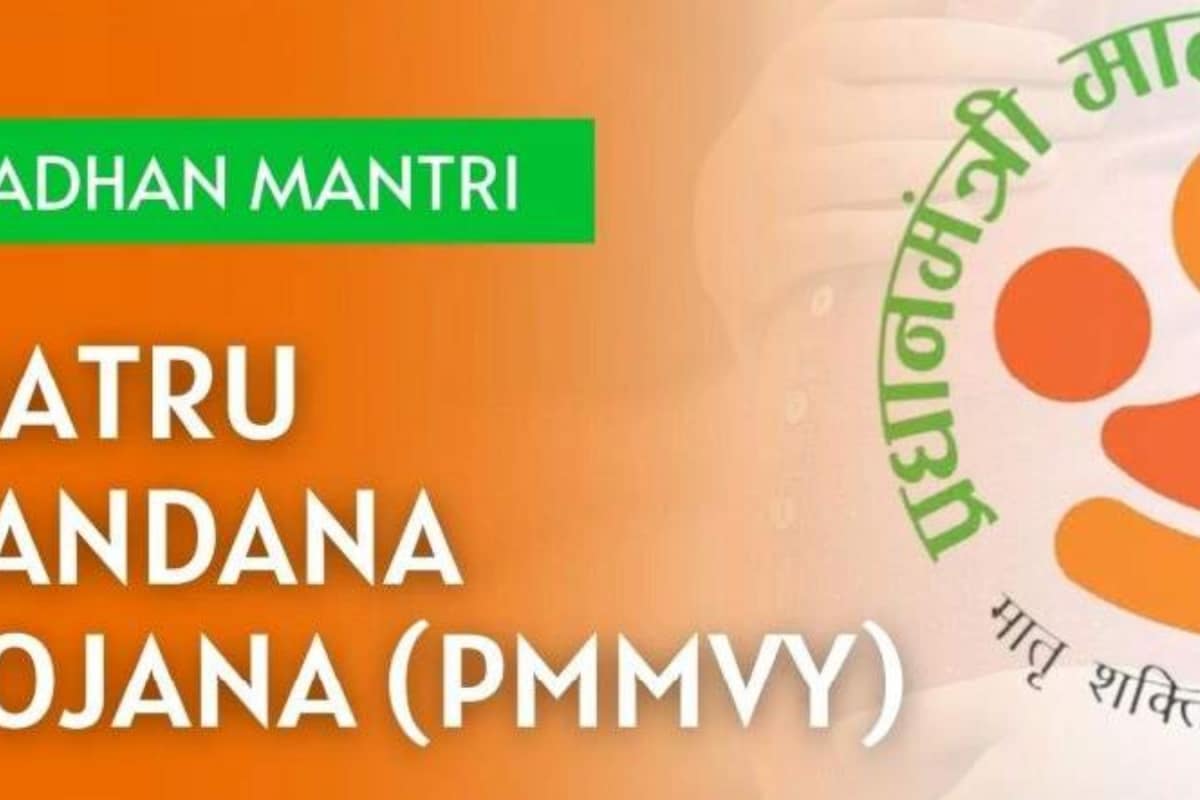The Pradhan Mantri Matru Vandana Yojana (PMMVY) is a flagship scheme of the Indian government aimed at providing financial assistance to pregnant women and lactating mothers. Launched on January 1, 2017, this initiative seeks to improve the health and nutritional status of mothers and their children. Originally, the scheme provided benefits only for the first child, but effective April 1, 2022, the PMMVY 2.0 extends benefits to the second child as well, particularly if the second child is a girl.
Objectives and Features
The primary objectives of PMMVY are to:
- Provide partial compensation for wage loss to enable women to take adequate rest before and after childbirth.
- Promote health-seeking behavior among pregnant women and lactating mothers.
- Improve nutritional levels among pregnant women and lactating mothers.
- Reduce maternal and infant mortality rates.
- Encourage institutional deliveries and promote exclusive breastfeeding for the first six months of life.
- Promote a positive behavioral change towards a girl child by providing an additional cash incentive for the second child, if that is a girl.
Key features of the PMMVY scheme include:
- Financial Assistance: Providing a cash incentive to pregnant women and lactating mothers. For the first child, ₹5,000 is provided in two installments. For the second child (if a girl), ₹6,000 is provided in a single installment.
- Direct Benefit Transfer (DBT): Funds are directly credited to the beneficiary's Aadhaar-linked bank account.
- Universal Coverage: Initially implemented in all districts of the country from January 1, 2017. Currently, the scheme is not being implemented in Telangana and Odisha as they are implementing their own respective maternity benefit schemes.
- Online Portal: A dedicated portal has been developed for PMMVY. The URL is https://pmmvy.wcd.gov.in. The online application form has been simplified. First-time self-registration provision for citizens has been introduced across the country.
Eligibility Criteria
To avail the benefits of PMMVY, certain eligibility criteria must be met:
- The woman must be a citizen of India.
- The scheme is applicable for women who are pregnant with their first or second child (if the first child is not a girl), conceived on or after January 1, 2017. For the second child, the benefit of ₹6,000 is provided only if the second child is a girl.
- The age of the beneficiary should be 18 years & 7 months and less than 55 years at the time of child birth.
- The applicant should be at least 19 years old and a pregnant woman.
- The applicant should be employed and experiencing wage-loss due to the pregnancy.
- The beneficiary is eligible to register in PMMVY till 270 days from childbirth.
- The woman must not be in regular employment with the Central Government, State Government, or Public Sector Undertakings (PSUs), or receiving similar benefits under any other law.
- The woman must possess an Aadhaar card.
Furthermore, the scheme prioritizes women belonging to socially, economically disadvantaged, and marginalized sections of society. This includes:
- Women belonging to Scheduled Castes (SC) and Scheduled Tribes (ST).
- Women who are partially (40%) or fully disabled (Divyang Jan).
- Women holding a BPL ration card.
- Women beneficiaries under the Pradhan Mantri Jan Aarogya Yojana (PMJAY) under Ayushman Bharat.
- Women holding an e-Shram card.
- Women farmers who are beneficiaries under the Kisan Samman Nidhi.
- Women holding MGNREGA Job Card.
- Women whose net family income is less than ₹8 Lakh per annum.
- Pregnant and Lactating Anganwadi Workers (AWWs), Anganwadi Helpers (AWHs), and Accredited Social Health Activists (ASHAs).
- Women holding Ration Card under NFSA Act 2013.
Recent Updates and PMMVY 2.0
Several changes have been introduced under PMMVY 2.0 to enhance the scheme's effectiveness:
- Provision for benefit for the second child (girl child) has been introduced.
- Benefits would be disbursed in 2 installments for 1st living child and in a single instalment for second child, if second child is girl.
- In case of miscarriage/still birth, the beneficiary will be treated as fresh beneficiary in event of any future pregnancy.
- The mandatory provision of the husband's Aadhaar has been removed.
- First-time self-registration provision for citizens has been introduced across the country.
- Mobile App has been introduced for registration under Pradhan Mantri Matru Vandana Yojana (PMMVY).
Challenges and Way Forward
Despite the scheme's noble objectives, challenges remain in its implementation. Complex documentation requirements, Aadhaar-linking issues, and portal failures can hinder access, particularly for women in remote and marginalized communities. To ensure the success of PMMVY, continued efforts are needed to simplify procedures, improve awareness, and address systemic barriers that prevent eligible beneficiaries from accessing the scheme's benefits. Anganwadi workers and ASHA workers can conduct awareness campaigns, workshops, and community meetings to inform women about the benefits of PMMVY and encourage them to apply.

